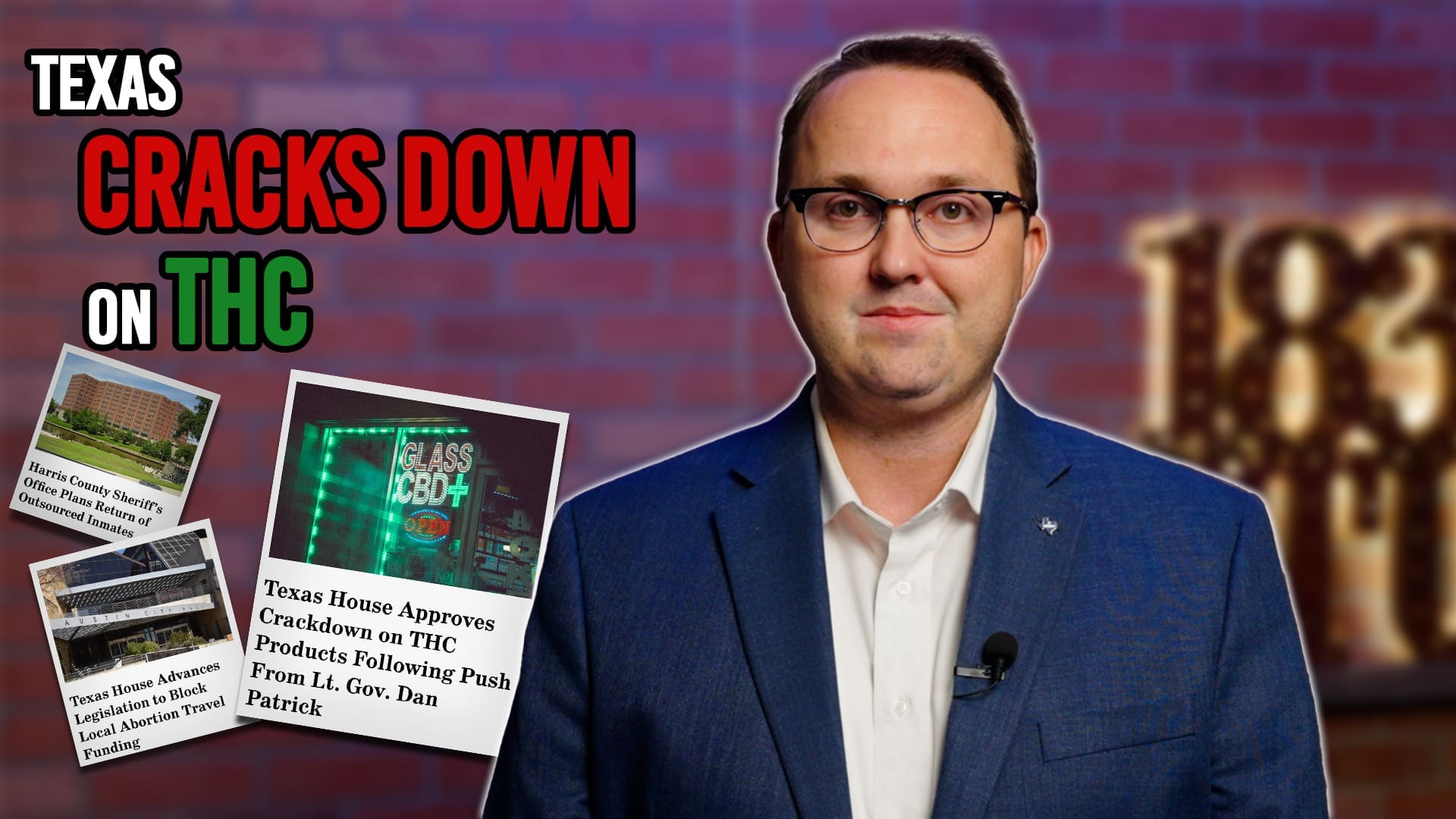The people of Texas, the constituents whom you serve, have suffered greatly during the many months since the coronavirus spread across our nation. The effects of lockdowns, mandates, restrictions on the conduct of business, and the forced isolation of hospital patients and the elderly confined to care facilities have all combined to deal a stunning blow to not only our economy, but also to our constitutional rights, liberties, and societal well-being.
While the coronavirus indeed caused serious harm or proved fatal to many people, it can be said that the virus itself was not the real cause of the damage to our economy and our way of life. Rather, it was the gross overreach and abuse of power by government officials that has resulted in the devastating situation through which we are now living.
Throughout history, the people of Texas have exercised good judgment and acted with wisdom, courage, and compassion in times of disaster, caring for their health, livelihoods, and families while living lives of freedom guaranteed by our Constitution. This most basic truth must never be abridged by government—regardless of the circumstances of the times.
As our elected representatives, you are called upon to take action to guarantee that the arbitrary and open-ended infringements upon the rights of the people never again occur.
What follows is a general outline of how this could be accomplished by the Legislature. The goal must be to preserve the necessary powers of the executive branch to act without delay in order to address immediate dangers, while also requiring that such actions be temporary and well defined, and providing for Legislative, and ultimately the people’s, concurrence where actions of extended length are thought to be necessary.
For consideration:
No executive order, action, rule, mandate, or decree of any kind (“Emergency Order”) may be implemented by the Governor, or any other state, regional, county or city official, including, but not limited to, county judges, commissioners, mayors, or city managers (“Officials”), except as follows:
- During a legally declared state of emergency which is statewide, county-wide, regional, or municipal in scope (“Emergency”), Emergency Orders may be issued to address specific public safety concerns, or for the purpose of crisis mitigation, and may be enforced for a period not to exceed 10 calendar days from the effective date of the initial Emergency Order issued in response to the specifically defined and legally declared Emergency.
- An Emergency Order lawfully issued as provided above, may be extended, revised to include new provisions or expanded in scope, or a new Emergency Order issued, which is substantially similar in effect and which addresses the same declared Emergency, only when authorized by a majority of the members of both the House and Senate, in the case of Statewide events, or, for regional, county or local events, by a majority of the elected members of the associated governing body for the locality involved and affected by the declared Emergency. Any such Emergency Order issued, revised, or extended in this manner may only be enforced for a maximum of 30 calendar days from the date of Legislative or local government approval.
- Further extensions, revisions to include new provisions or expansions in scope, or the issuance of any new Emergency Order, which is substantially similar in effect and which addresses the same declared Emergency, may occur only when authorized by a supermajority of the members of both the House and Senate, in the case of statewide events, or, for regional, county or local events, by a supermajority of the elected members of the associated governing body for the locality involved and affected by the declared Emergency. Any Emergency Order issued or extended as prescribed in this paragraph must include a specific termination date, which may not be later than the date of the next state, county, or local general election, at which time the Emergency Order must be approved by a majority of the voters in such election. Should the Emergency Order fail to receive voter approval, such Emergency Order will immediately terminate and be of no further effect, and no new Emergency Order, substantially similar in effect and addressing the same declared disaster, shall be issued or enforced by any Official of this state.
- Where Legislative approval is required as specified above, a special session of the Legislature or local governing body, as appropriate, is to be convened as necessary for that purpose.
There are many important issues that cry out to be addressed in the upcoming legislative session, but none are more important than insuring that the constitutional rights of Texans are protected at all times and in all circumstances.
Sincerely,
Craig Dow
Arlington, Texas
This is a commentary published with the author’s permission. If you wish to submit a commentary to Texas Scorecard, please submit your article to submission@texasscorecard.com.





